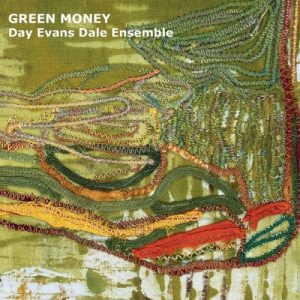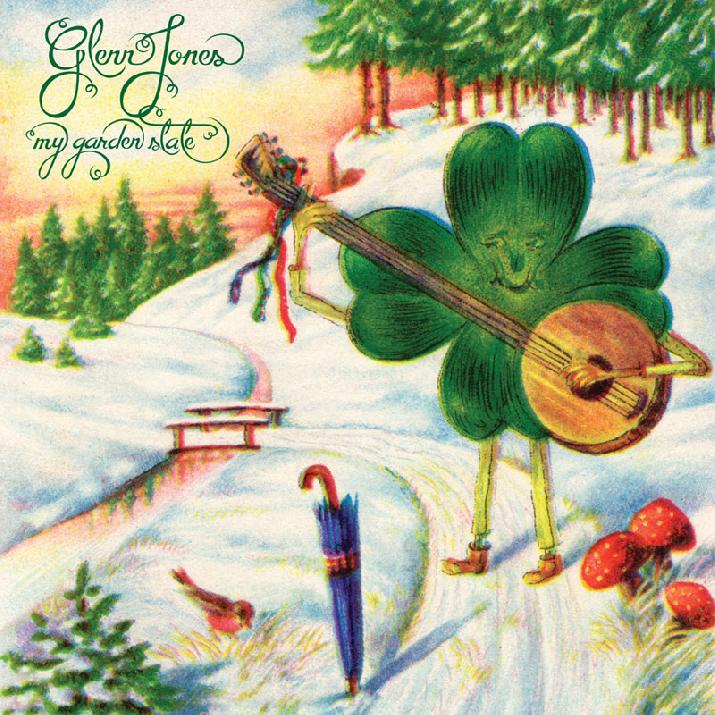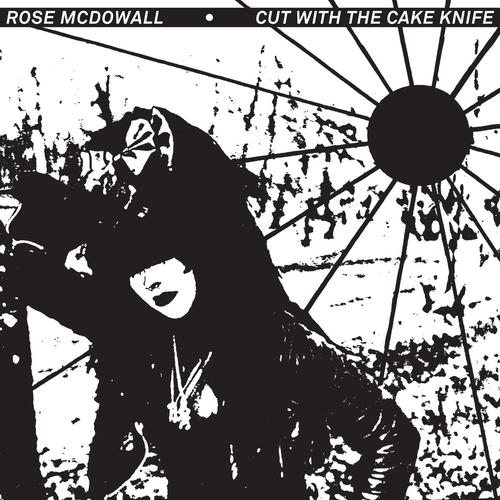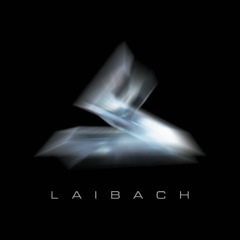 This ensemble is a grand confluence of players, all reacting to the philosophical, emotional utterings of poets Steve Day and Jennie Osborne.
This ensemble is a grand confluence of players, all reacting to the philosophical, emotional utterings of poets Steve Day and Jennie Osborne.
Green Money covers treatises on capitalism, spirituality, nature and life in general with layers of musical veneer, each thin strip chosen to perfectly enhance Steve’s unique delivery; the five-string violin churning queasily, the bass following on, stepping across cracks, drums filling in gaps, plugging spaces with well-timed shots.
Steve’s voice gives an unusual perspective, a fine enunciation always surpassed by the words. You feel him tasting them, rolling them around like brandy and then carefully allowing them out, each word ideally formed. The players, himself included, swirl a magical, churning mixture, hypnotic dereliction, groaning grey and often uncomfortable, but only because that is what the message demands.The vocal delivery is a joy, almost as if the words have control of him and not the other way around, moving of their own volition. The players surround him chewing and chattering, working around the point being made and then impressing it firmly, spare streaks of trumpet and tipsy bass circling, ensuring nobody has tumbled into the pond. The words are delivered; then Steve stands back, allowing the others to interject and see what effect the connections take as they sketch in any missing details.
There is a beautiful melancholy to the words of “Swan In The Evening” and the shimmering lake of sound suits them really well, the violin a birds’ wing lament, the bass a lover’s warmth, the dichotomy pulling at the listener. On “Green Money”, harmonica, violin and bass make a jittery, flailing combination, a New Orleans blues blow-out taken in a wild, free direction, Mark Langford‘s clarinet waiting on the French Quarter sidewalk, dusting for dollars as the capitalist dream dies in Steve’s brimming eyes. A fleeting memory of “Abide With Me” drifts around “The Pilgrim Mothers”, extra percussion giving further texture, the mildest African hint smeared across the thick, slow moving syrup of sound. At other times, they hint at jazz; but a hazy, loose vision, something conjured in a fevered dream, reacting to the rhythm of the voices, Jennie’s having a different sense of remove, but the two linking together well.Elsewhere, “Lorca” has a Spanish inflection to the trumpet, its echoing arid landscape redolent of filmic visions; but more often the feeling is a little darker, the duet on “War” being a case in point, the voices fronting sounds echoing the dawn of time, the players breaking up and veering off at tangents, a tumbling piano, precipitous bass, strings like feathers failing but still stretching. You never tire of the subtle insinuation of the backdrops that emerge unbidden when least expected, stepping lightly avoiding shadows, percussion rumbling like a distant storm.
The quartet here has produced something really special, working on various levels, often unsettling the listener, but ensuring that they listen carefully because the messages, although at times oblique, are important with more to learn at every spin.-Mr Olivetti-



